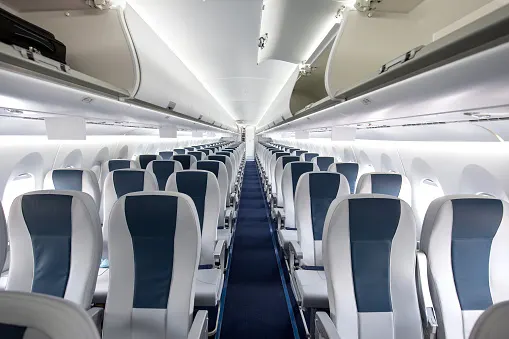
'Ghost flight' rules suspended by EU amid COVID-19 outbreak
Growing criticism about the wasteful use of fuel in the aviation industry has prompted a temporary solution
Fears of the COVID-19 outbreak have prompted travellers to cancel flights and postpone trips, resulting in airlines conducting ghost flights, which are flights without any passengers.
The European Commission announced on March 10 that they will suspend the rules that create the incentive to conduct ghost flights in response to concerns about the wasteful use of fuel.
Airline companies across Europe have been conducting ghost flights because of a European Commission regulation that requires airlines to use at least 80 per cent of their designated flight slots at certain airports during a calendar year. If the slots are not used, the airlines could lose their slots to competitors because the declining frequency of flights indicates that there is not enough consumer demand.
Airport virus hotspots: What to avoid during your next trip
European Commission President Ursula von der Leyen told reporters that an emergency European Union draft law will be a temporary solution that will allow airlines to keep their slots without the need to operate ghost flights during the COVID-19 outbreak.
“This temporary measure helps our industry but it also helps our environment. It will relieve the pressure on aviation industry and in particular on smaller airline companies,” Von der Leyen said. The length of this temporary solution has not yet been announced.
On March 11 the World Health Organization officially declared the outbreak of COVID-19 a pandemic.
Previous temporary changes to the regulations around airlines and their flight slots occurred after the Sept. 11 terrorist attacks, the SARS epidemic, and several periods of time during the 2008 financial crisis.
The aviation industry has rapidly grown over the past few decades and has faced an increasing amount of pressure to curb the significant amount of carbon dioxide emissions. A round trip flight from Toronto (YYZ) to London Heathrow (LHR) generates approximately 869 kg of carbon dioxide, and there are over 50 countries where the average person produces less carbon dioxide in an entire year.
Source: EURACTIV | The Guardian












